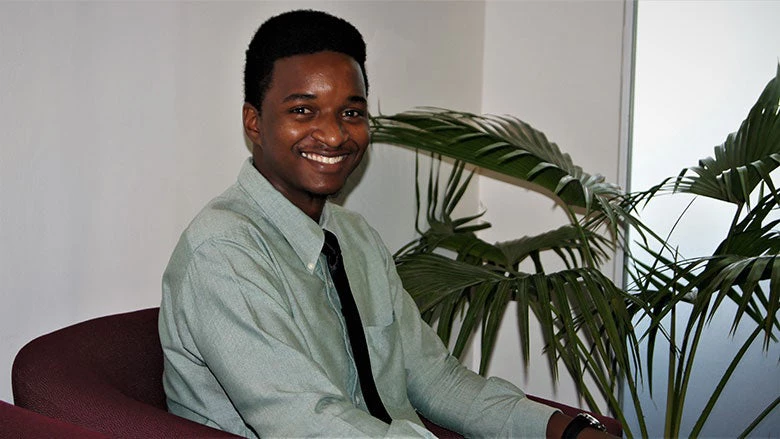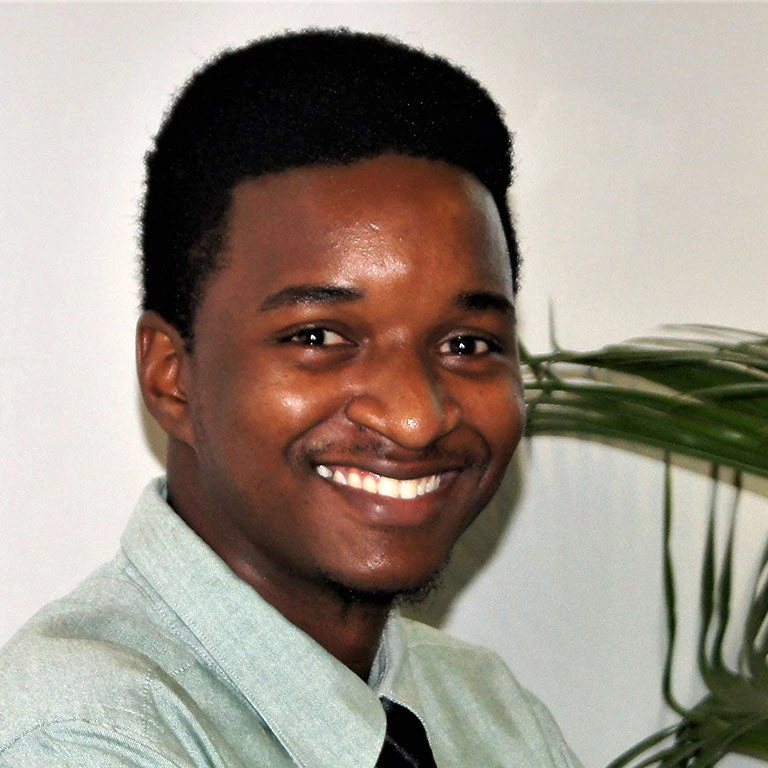Developing countries like Tanzania are experiencing an unforeseen youth bulge—a high proportion of young people aged 15 to 24. Sadly, this growth is not matched by an equivalent rise in economic opportunities for the youth. Thus, most youth are either unemployed or engaged in activities with low productivity. There are solutions to this problem.
Most of the youth are unserved or underserved in their borrowing needs. This limits job creation, productivity, and the growth of small businesses. Ninety-seven percent of loan facilities require collateral, a factor limiting motivated youth and small scale entrepreneurs, many of whom lack fixed assets of a significant value to pledge.
For more jobs, there is a need to deepen financial inclusion and expand credit access and financial services to the youth and unserved population.
There is need for infrastructure investments. Construction of infrastructure does not only consume a lot of labor but it also drives private sector investments and boosts productivity for businesses. Improved infrastructure drives down the cost of doing business, a factor which draws lots of youth into self-employment.
Focus on farms, schools, and businesses
For youth in favor of agriculture, strong rural-urban linkages will create new markets for them, facilitating technological transfers like irrigation systems and, in this way, boosting economic opportunities in the rural areas. This will attract higher domestic and foreign investments that will create more jobs.
Reforms of the education system are necessary. Demand–supply mismatches are cited as one of the factors driving unemployment, and this can be solved by curricula and syllabi reforms in Tanzania to match the needs the market, as well as come up to global standards. The education system should not focus on equipping graduates with content” but rather with “competence.”
Self-employment and entrepreneurship should be emphasized and rewarded. Embedding entrepreneurship at the heart of the education system is a potential long-term initiative, which will nurture youth who innovate in businesses that would add value to life while spreading positive employment impacts among peers and communities.
Make vocational education more appealing
More jobs will be created when vocational education gets an image makeover. In Tanzania, it is perceived as an inferior and low status alternative to an academic education. Young people should be inspired by a vision of vocational career paths that include entrepreneurship and small businesses built on technical and trade expertise, as well as possibilities of academic reentry in STEM programs in the future.
Investments to improve information resources for youth will also boost opportunities for youth. Career guidance programs, youth summits, associations, trainings, and workshops will solve the problem of lack of information, encouraging networking and connection building among youth so they can encourage each other in positive and productive ways.
These measures are sustainable on their own terms but will be more effective with responses and the coordinated efforts of youth and other stakeholders, in addition to policy reforms purposely aimed at job growth. This way, the measures will contribute to the permanent accumulation of tools and strategies that can help in addressing both cyclical and structural challenges.
Edgar Buberwa, 20, is going into his second year at the University of Dar-es-Salaam, where he is taking a Bachelor of Commerce in Finance. He is one of two runners-up who will receive paid internships at the World Bank in Dar-es-Salaam or at Bank Group-supported projects of their choice. “This is a great opportunity for me to learn more within the international development environment, and I intend to maximize it to benefit my studies, my career goals, and my country,” he said.



Join the Conversation